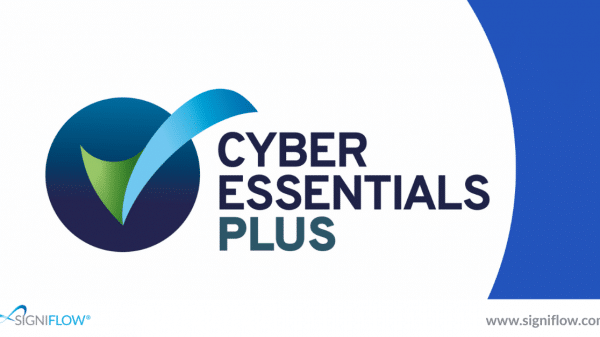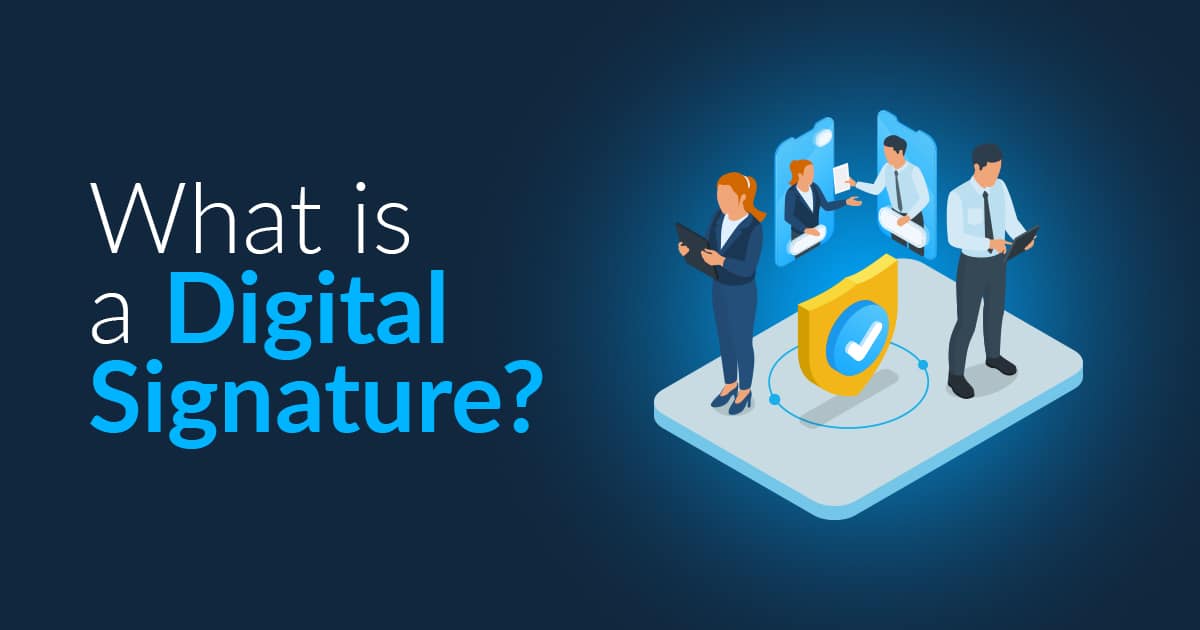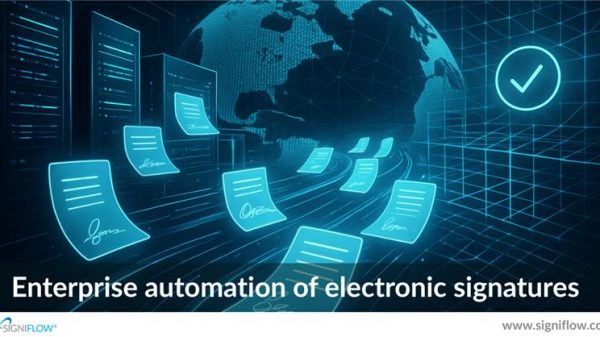The notion of signatures has evolved beyond the conventional use of pen and paper in today’s digital era. The emergence of modern technology has paved the way for digital signatures, which are secure and efficient in authenticating electronic documents. However, what exactly is a digital signature, and why is it significant? Let’s explore the definition, functionality, and importance of digital signatures.
A digital signature is a cryptographic mechanism used to authenticate the identity of the sender of a digital message or document. Unlike a handwritten signature, which serves as a physical mark of approval or consent, a digital signature is a mathematical algorithm that verifies the authenticity and integrity of electronic data.
How Does a Digital Signature Work?
At its core, a digital signature operates through a process known as asymmetric cryptography.
Here’s a simplified explanation of how it works:
- Key Generation: The signer generates a pair of cryptographic keys—a private key and a public key.
- Signing: To sign a document, the signer applies their private key to the data, creating a unique digital signature.
- Verification: Recipients can verify the authenticity of the signature using the signer’s public key. If the signature is valid, it confirms that the document has not been tampered with and originates from the claimed sender.
Importance of Digital Signatures
Digital signatures offer several key benefits, making them indispensable in various industries and applications. Some of the benefits include:
- Security: Digital signatures provide a high level of security, ensuring the integrity and authenticity of electronic documents.
- Legality: In many jurisdictions, digital signatures hold the same legal status as handwritten signatures, facilitating legally binding transactions and contracts.
- Efficiency: By eliminating the need for paper-based signatures and physical document exchange, digital signatures streamline processes and reduce administrative overhead.
- Compliance: In regulated industries such as finance, healthcare, and government, digital signatures help organisations meet compliance requirements and uphold data integrity standards.
Examples of Digital Signature Use Cases
Digital signatures find widespread use across different sectors and scenarios:
- Business Contracts: Businesses can use digital signatures to sign contracts, agreements, and purchase orders electronically.
- Financial Transactions: Financial organisations can authorise electronic payments, loan applications, and investment agreements with digital signatures.
- Government Documents: Government departments can submit tax returns, apply for permits, and sign official forms online using digital signatures.
- Healthcare Records: Healthcare professionals can securely exchange medical records, prescriptions, and patient consent forms with digital signatures.
Conclusion:
In summary, digital signatures play a vital role in modernising document management and electronic transactions. By harnessing cryptographic techniques, digital signatures offer unparalleled security, legality, and efficiency in validating digital documents. Whether in business, finance, healthcare, or government, understanding the fundamentals of digital signatures is essential for embracing digital transformation and ensuring trust and integrity in the digital realm.
Ready to explore the power of digital signatures for your business or personal use? Contact us to learn more about how digital signatures can streamline your document workflows or book your free demo.
Want to learn more about electronic and digital signatures? Read more here.



























